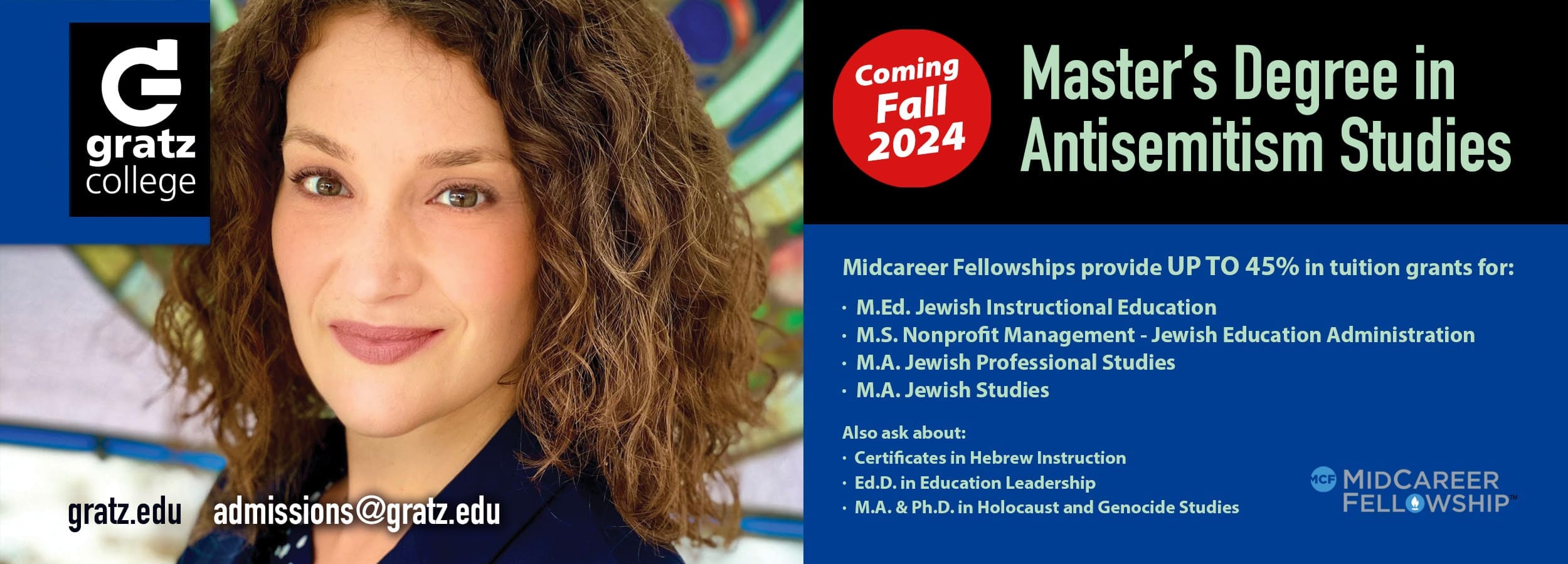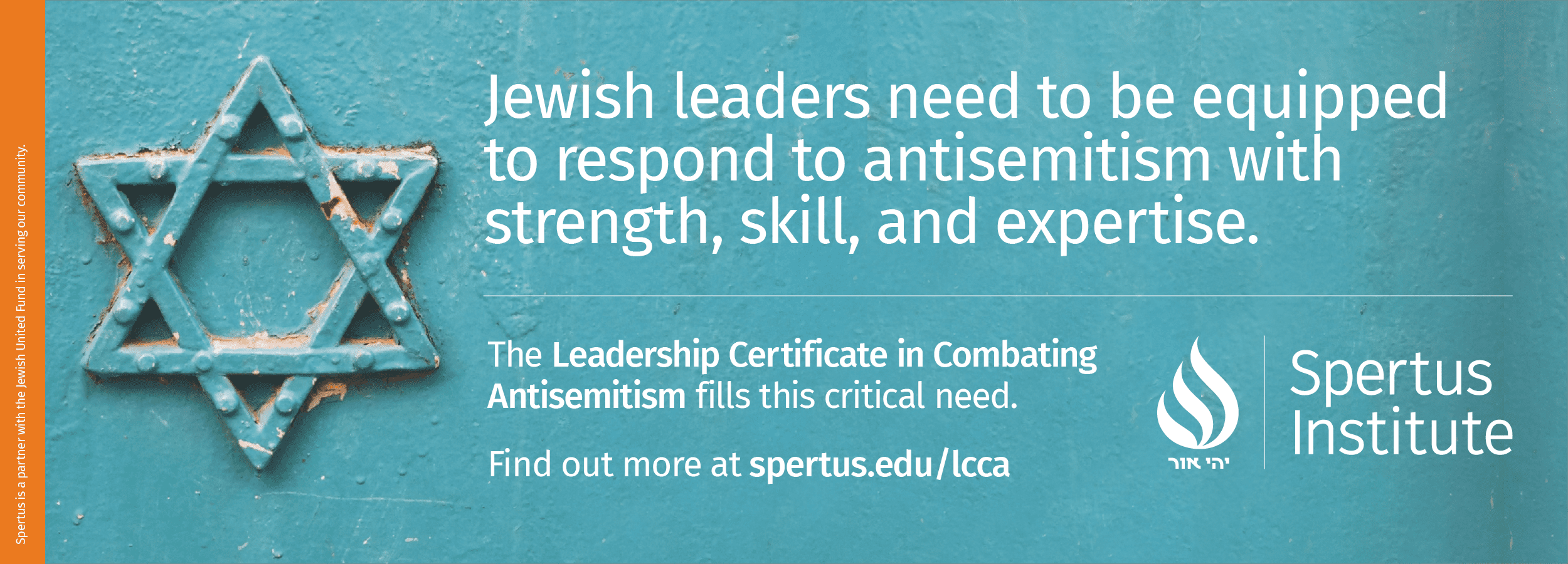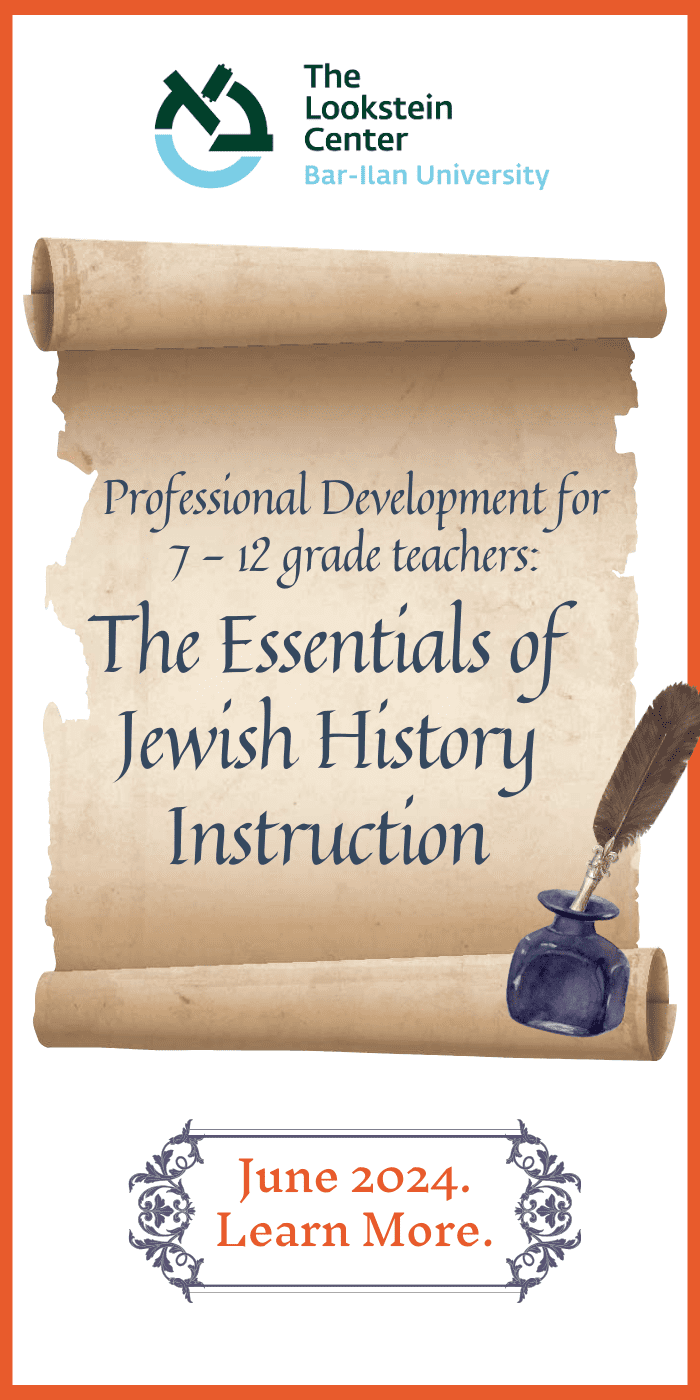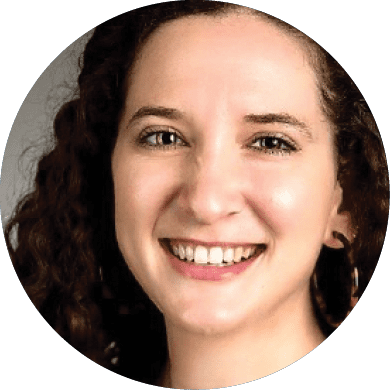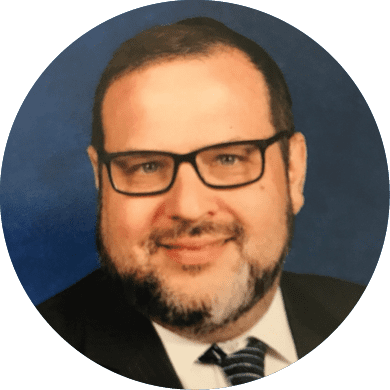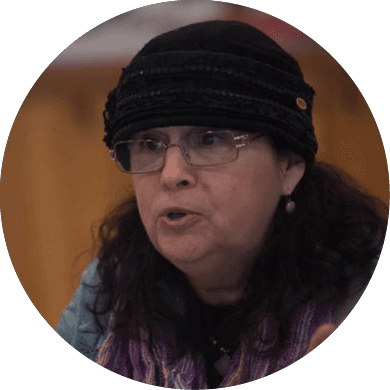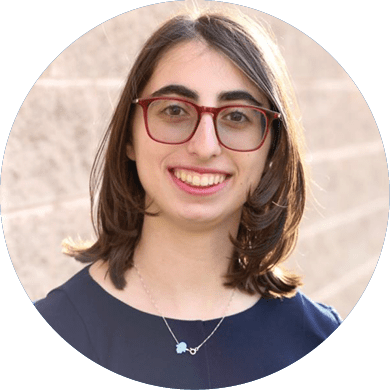When we published our issue on antisemitism two years ago, some thought that we were being alarmist. In retrospect, it seems like the antisemitic sentiments we were sensing were just the tip of the iceberg. The surge of Jew-hatred in the United States and abroad, from college campuses to workplaces to the streets of New York, Paris, London, Sydney, and so many more places, leaves us reeling with questions. How did we get to a place where the presidents of Harvard, Penn, and MIT speaking to a congressional committee could not say unequivocally that calling for the genocide of the Jews is considered harassment and violates campus rules? How is it possible that not a single UN agency could single out Hamas for condemnation for the atrocities committed on October 7? Is this a passing phase or should we be preparing for a paradigm shift for Jews living in the Western world, one that will last a generation or more?
On the educational front there are burning questions as well. How do we grapple with a reality in which a nine-year old child living in an overwhelmingly Jewish community comes home and asks her mother if they should leave the mezuzaon the front door or if they should close the window shades when lighting Hanuka candles? Can we, should we, still be encouraging graduates of Jewish high schools to attend universities whose campuses may not be safe for identifiable Jews? What messages do we give our students to help them deal with the palpable tensions in the streets? How do we help them build the resilience necessary? Is this a time to be searching for strands of hope or to be hunkering down, preparing for a seismic shift in the world around us?
As someone who has spent more than forty years delving into teaching classical Jewish texts, I wonder if perhaps we need to reorient our priorities. Perhaps we should be focusing on those texts which highlight Jewish identity, mutual responsibility, coping with adversity, and Jewish pride. Even more radically, perhaps we should be devoting much more time to Jewish history, so our students have a clearer understanding of where they come from and how their ancestors survived and thrived under trying conditions, ideas which are core to building Jewish identity and pride.
It is with these questions that we reached out to some of the authors in our earlier issue, and some new ones, to begin to explore the burning questions of the day. For most we have videos—slightly edited but mostly raw and unpolished. These are their thoughts in progress. If you have thoughts, reactions, suggestions, please share them in the comments section of our journal. And may our prayers and actions bear positive fruit for us and the generations of Jewish children we are helping to educate.
BIVRAKHA,
RABBI ZVI GRUMET, ED.D.




